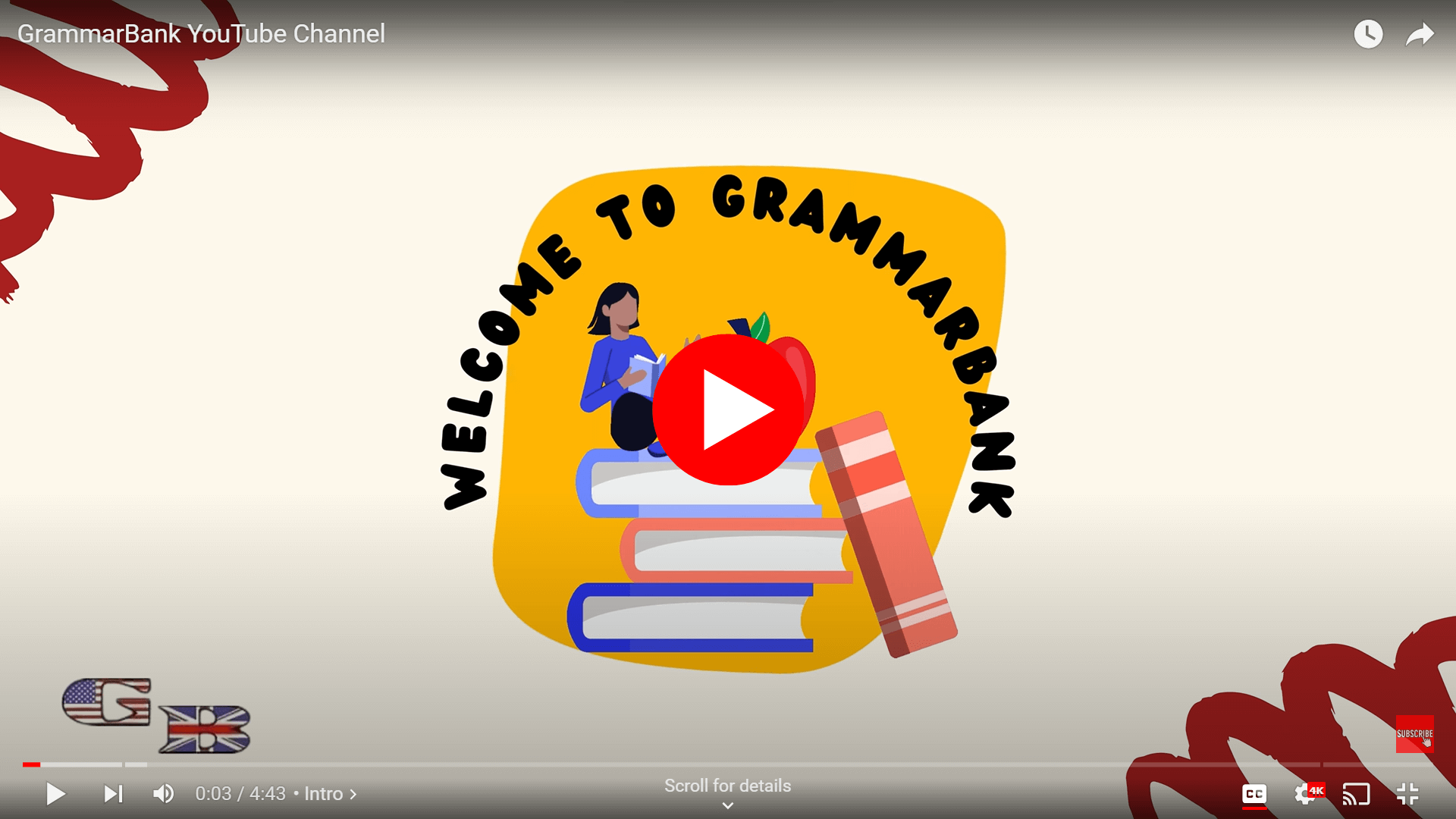TOEFL® Grammar Practice Tests 2
GrammarBank's TOEFL Practice Tests here are to help you prepare for the Test of English as a Foreign Language (TOEFL) Test administered by ETS only. These tests are not in any affiliation with the TOEFL owner ETS.
TOEFL Prep Reading Exercises:
TOEFL Reading Practice Tests
TOEFL Grammar Practice:
TOEFL Grammar Practice Tests 1
TOEFL Grammar Practice Tests 2
TOEFL Grammar Practice Tests 3
TOEFL Grammar Practice Tests 4
TOEFL Grammar Practice Tests 5
TOEFL Grammar Practice Tests 6
TOEFL Test Prep 7
TOEFL Test Prep 8
TOEFL Test Prep 9
TOEFL Grammar Prep 10
TOEFL Grammar Prep 11
TOEFL Grammar Prep Test 12 - Modals Past Participle
TOEFL Prep Reading Exercises:
TOEFL Reading Practice Tests
TOEFL Grammar Practice:
TOEFL Grammar Practice Tests 1
TOEFL Grammar Practice Tests 2
TOEFL Grammar Practice Tests 3
TOEFL Grammar Practice Tests 4
TOEFL Grammar Practice Tests 5
TOEFL Grammar Practice Tests 6
TOEFL Test Prep 7
TOEFL Test Prep 8
TOEFL Test Prep 9
TOEFL Grammar Prep 10
TOEFL Grammar Prep 11
TOEFL Grammar Prep Test 12 - Modals Past Participle
Choose the most appropriate options to complete the short reading articles.
Many over the counter medicine (1) ---- to help with common cold, to reduce the effects of its symptoms. Although some symptoms (2) ---- might require continued use of the medicine to go away, over the counter drugs should be sufficient (3) ---- most cases. (4) ---- the frequency of its occurrence, it is convenient and important to be able to use over the counter drugs. Those ---- suffer from a severe cold conditions might also want to see their doctor for stronger medicine.





Comments